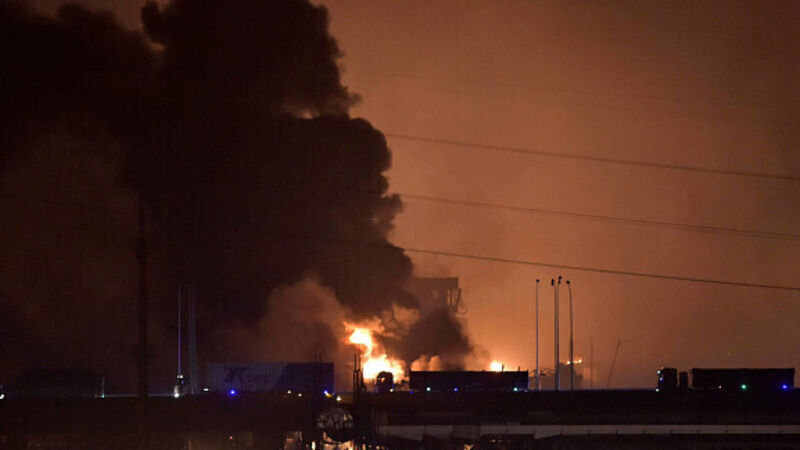Responsible use of chemicals: A warning too grave to ignore

It is a reminder too that some industrial plants need to have a decent buffer zone between them and residential areas, the very issue in play in the years of protest over the Corrib gasfield pipeline in Mayo.
One of the reasons the Chinese disaster has provoked such fury is that planning regulations designed to keep potentially dangerous factories a safe distance from homes were ignored, another indication that there is a flexibility on these matters in that country that hardly enhances it or generates confidence among investors considering doing business there.














